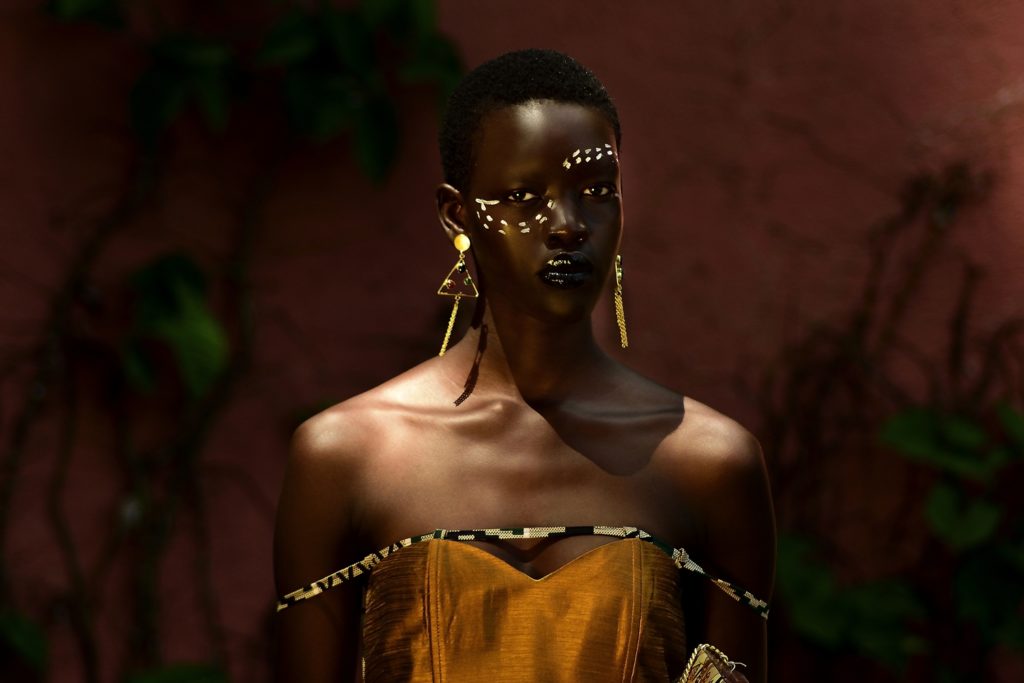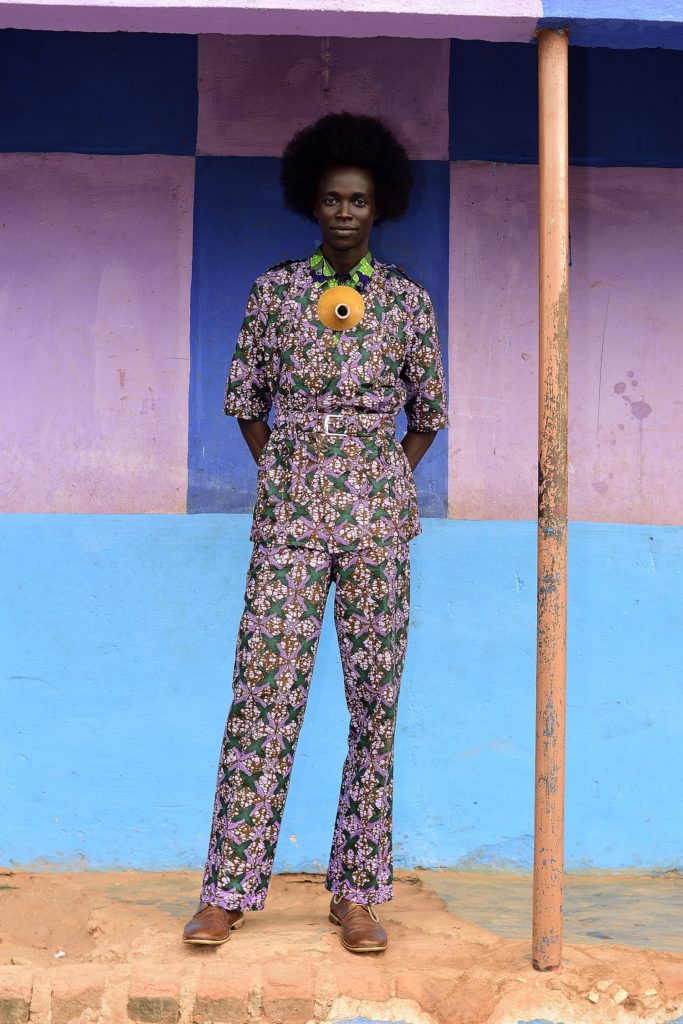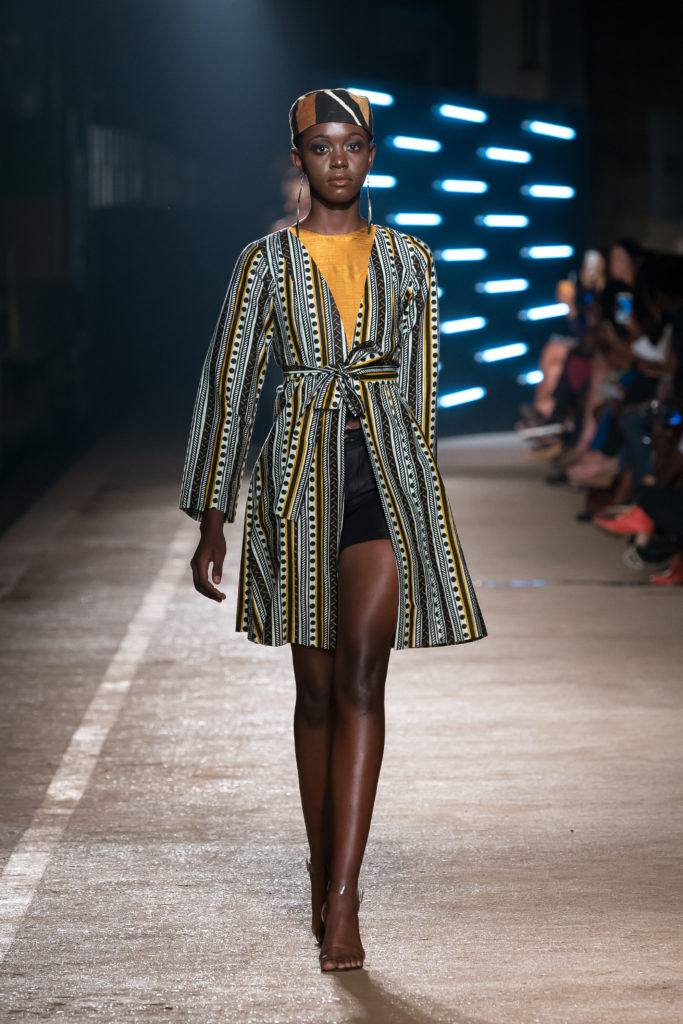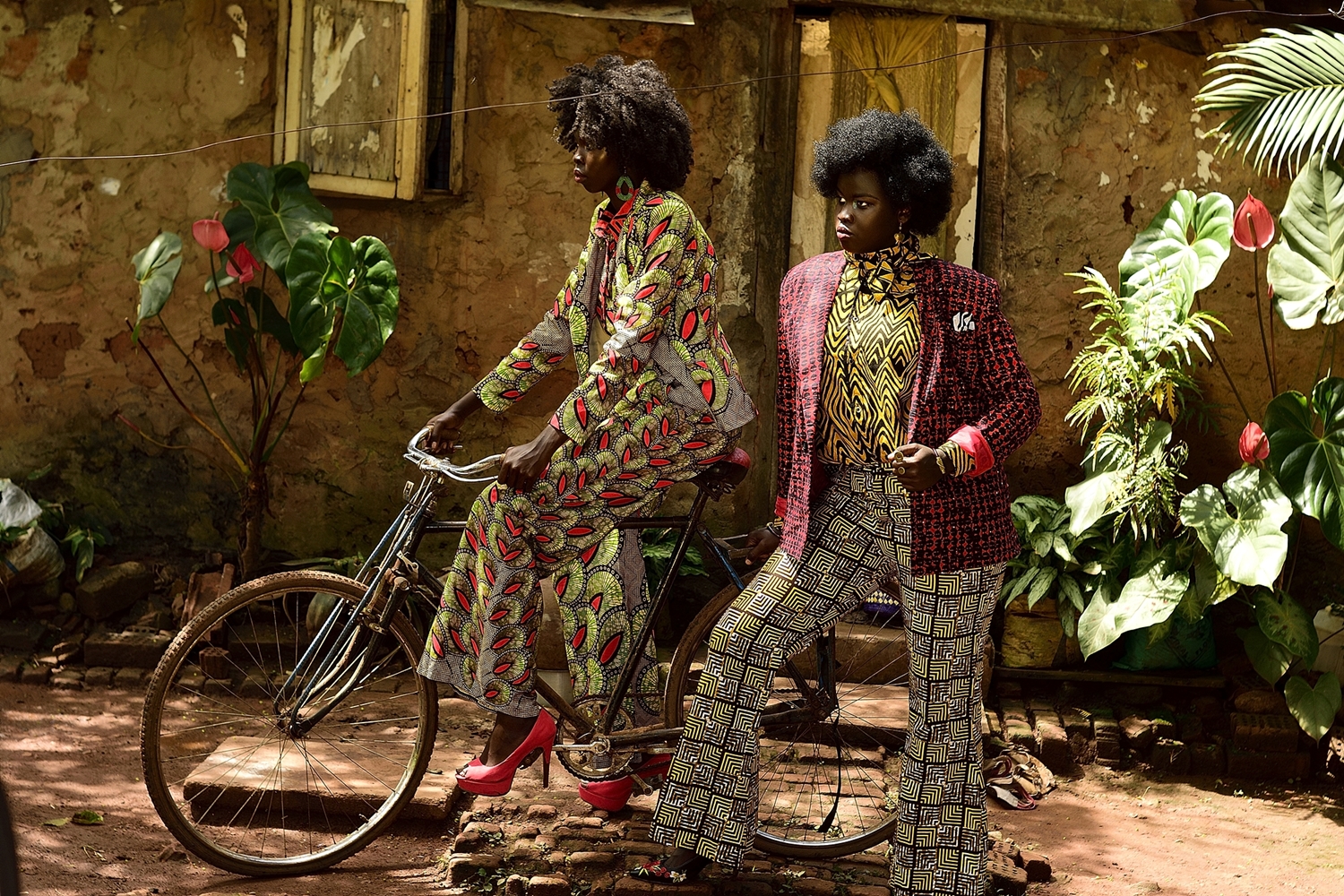By Karenhappuch Ibiara
In case you’ve been missing out and haven’t seen yet, Eguana Kampala is an Afrocentric brand based in Kampala, Uganda and is the brainchild of Emmanuel Bagwana, himself a trained fashion designer as well as a freelance photographer and re-toucher. The brand does everything from men’s and women’s ready to wear to bridal and evening wear on order. The brand’s aesthetic is a mix of street and classic which creates trend less and ageless separates that can be worn by anyone, anywhere in the world. Eguana Kampala is known for their use of ‘African print’ which they infuse into most of their collections blending it with different styles and textures.
Eguana Kampala is sold at Bold in Africa which is a consignment store for some of the top brands on the continent located at Acacia mall in Kampala. The brand is worn by a cross section of men, women and children from all over the world and has been seen on runways and red carpets in Uganda and beyond.
Bagwana was born in Uganda but spent most of his life in Kenya where his love for fashion was born from watching his relatives, family friends and models who epitomized 80s and 90s fashion. Eguana Kampala has grown steadily from his brother’s dining table to stocking in some of Kampala’s top stores. Bagwana also works with the Malengo foundation a mentor which involves guiding younger designers and models on embracing diversity.
EA Scene managed to catch up with Eguana to learn more about his art and vision of fashion.
When did you first realize you wanted to pursue a career as a designer?

I knew from a very young age that I wanted to become a designer because I grew up in a family where people took personal style very seriously. My mother and her sisters were always dressed in the latest styles some that they made themselves with their personal sewing machines which were a must have for most families in the 80’s. There were also a number of magazines and catalogues at home that relatives sent from abroad that inspired me especially when I saw my mother’s tailor adapting many of the designs there. One of my aunts taught me how to sketch at around eight or nine years and I haven’t stopped since then.
If you could go back and tell yourself one thing before beginning your career what would it be?

It would be don’t rush, take your time and learn from your mistakes, everything will start to fall into place as you go on the journey.
I took on some big jobs jobs and did fashion weeks right out of fashion school without a clear vision which in turn didn’t produce the best results a lot of the time but helped in the growth process.
What was your biggest fear when going out and starting your own line?

The biggest fear was whether I had made the right career choice since at the time fashion wasn’t considered a career one would earn a living from. I went to traditional schools and was expected to take on a more traditional career fortunately the passion overshadowed the fears. I also started out quite young and my peers were very well known and well established in the industry and I wasn’t sure if I could ever get to their level. It took time and hard work to get there but it was all worth it.
There’s so much pressure for designers to come out with their greatest collection season after season. What advice would you give to young designers just starting out and hoping to make it in the industry?
Always listen to that inner voice. Forget trends, forget what your peers are doing, forget what celebrities or international designers are putting out instead look for your own inspiration and come up with something new from scratch, Not only will it be more authentic but there’s a satisfaction that comes with seeing your vision come to life on the runway as opposed to seeing something you copied from someone receive a standing ovation. Once you have a signature it will be a lot easier to stand out in an already overcrowded industry.
Describe the Ugandan fashion industry and how it has affected the scope of your brand.
The Ugandan fashion industry is a young industry that’s growing at a steady pace. When I got onto the scene there were few designers with most people choosing to tailor designs from catalogues and magazines and just a handful coming up with their own styles and collections. At the time we didn’t care about things like cohesive collections, having a signature, shooting look-books or thinking outside the box. We were comfortable being one of the very few fashion houses that used Ankara in a more contemporary way thus didn’t see the need to be as creative as we should have been.
A few years down the line and there are more designers who have put creativity at the forefront. The internet has also put us on the same level as designers in other countries and continents plus Ankara has saturated the entire globe so just using Ankara is no longer enough to stand out. We have had to level up on our fabric selection as well as how we use it. The brand has maintained its aesthetic and is still an Afro-centric urban and ready to wear brand but we have had to take it a notch higher to stand out from the Ankara mass producers.










